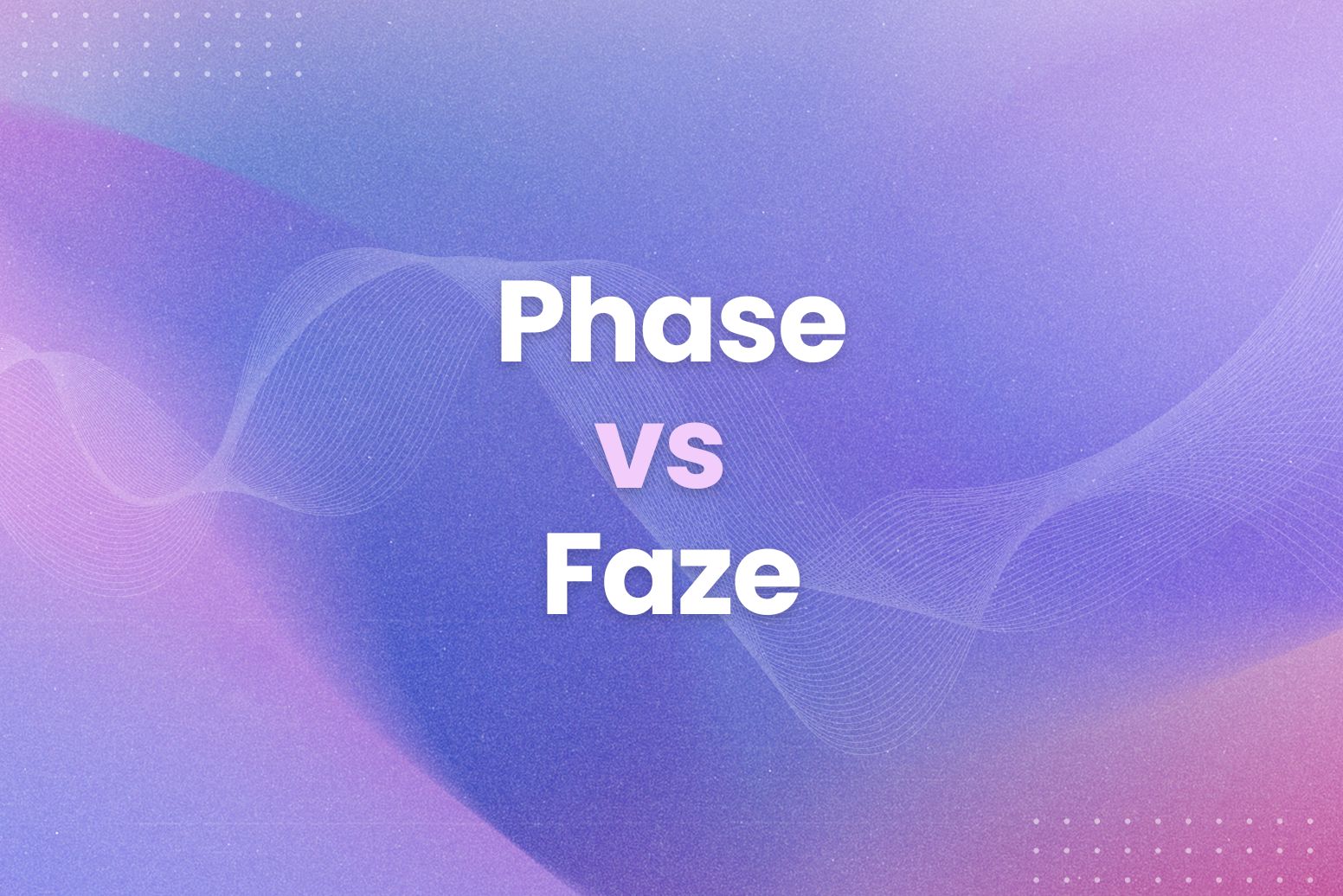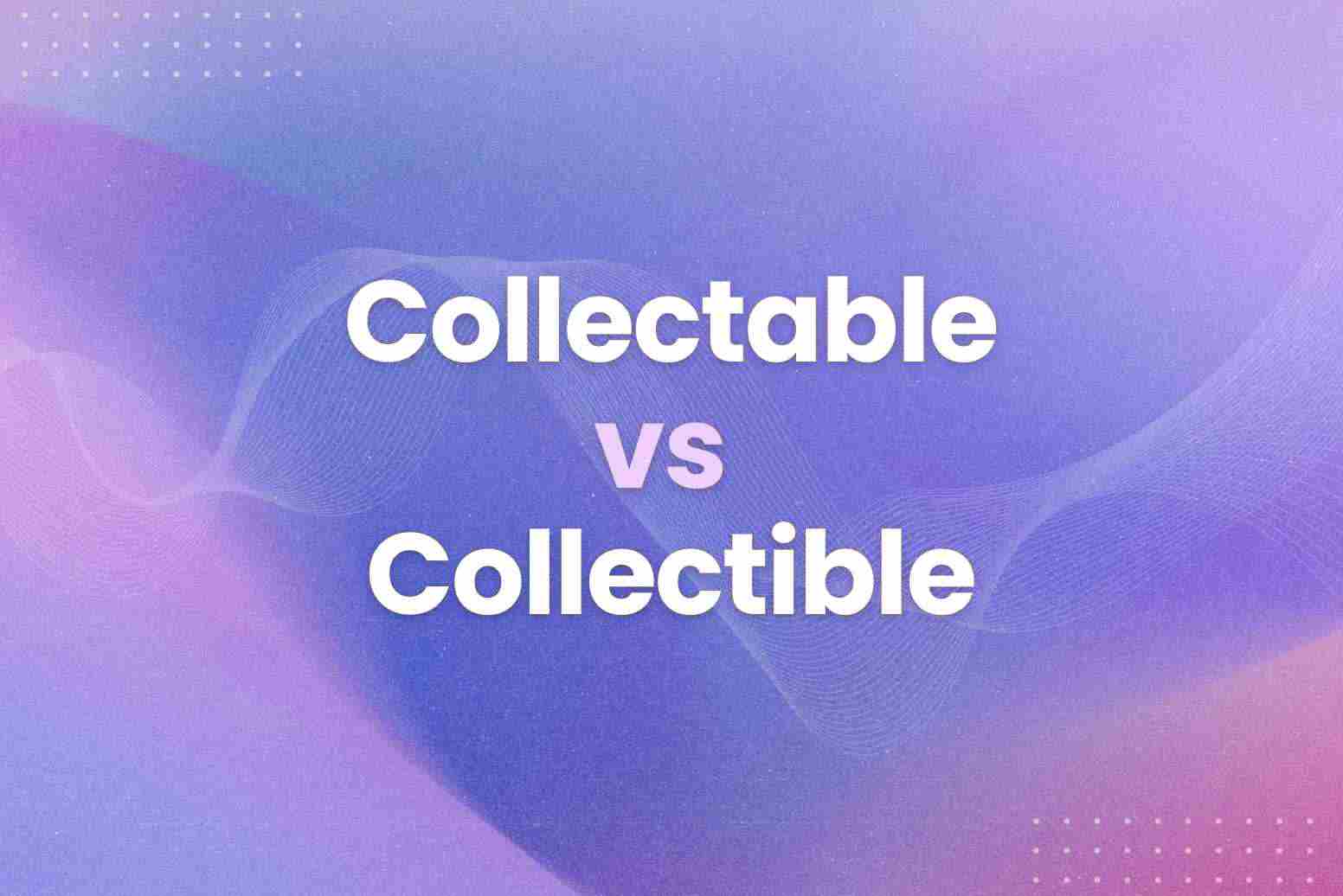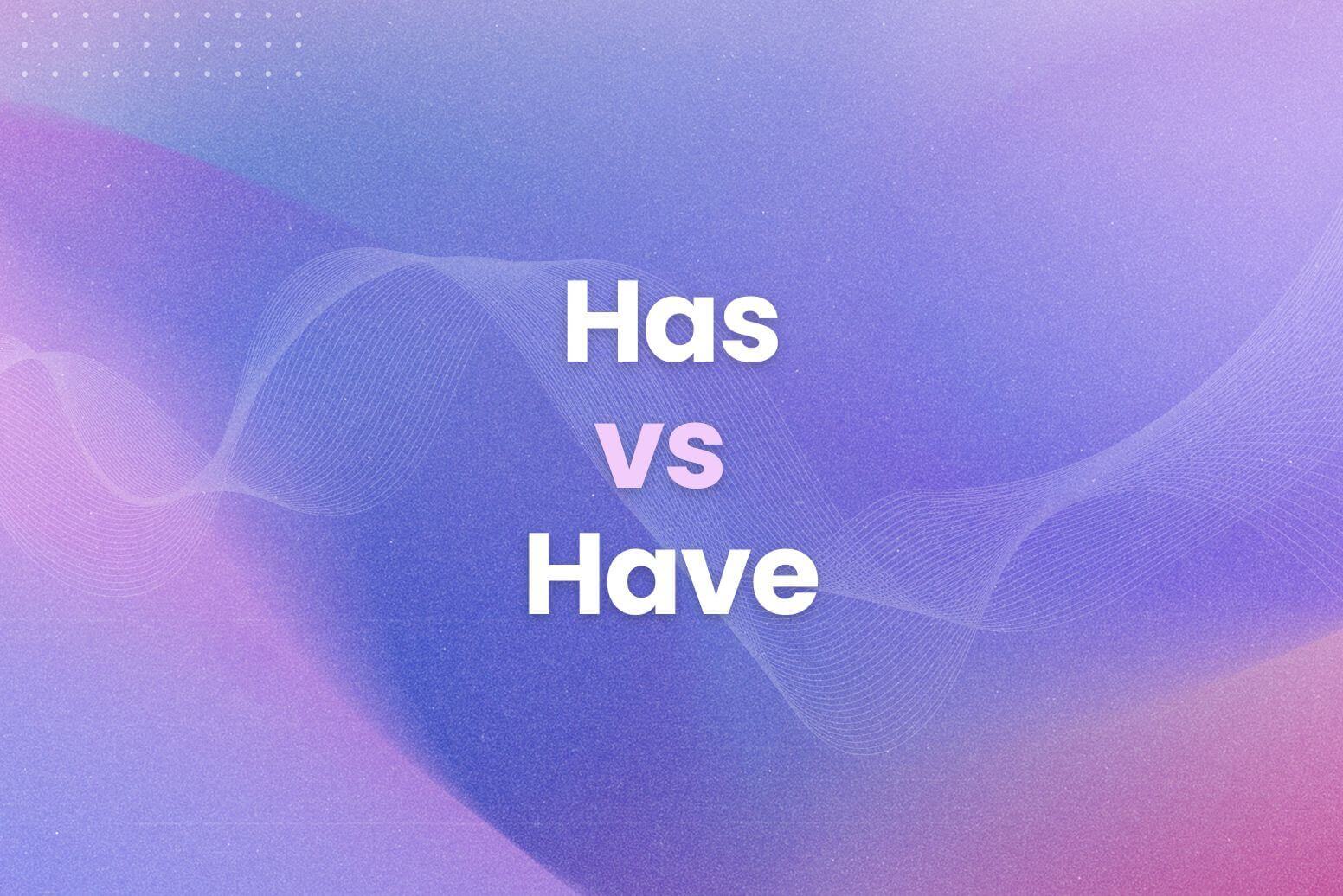Have you ever stumbled upon the words phase and faze and thought, “Wait, are those the same thing?” Don’t worry—you’re not alone, I struggle with differentiating “phase vs faze” too. These two words are homophones, meaning they sound the same but have completely different meanings, spellings, and uses. One refers to stages or steps in life, projects, or processes (phase), while the other describes being unsettled or bothered by something (faze).
In this article, using Arvin AI’s free Grammar Checker, we’ll break down the definitions, examples, grammar, and even some idioms for both words.
Definition of Phase
It’s basically a stage or step in some kind of process, like the different levels you go through in life, games, or science experiments. The word comes from Greek roots (phásis) and usually refers to a temporary period of change or development.
For example, in life, phases can be those we all go through, like that awkward middle school phase where we were emo and mysterious, or “not like the others”.
In science, phases also refer to states of matter, like solid (ice), liquid (water), and gas (vapor).
Examples of Phase
Trends, Fads, and Pop Culture
- “My K-pop phase had me learning the dance moves to every BTS song—don’t judge.”
- “The Y2K fashion phase is back, with metallics, butterfly clips, and chunky platforms.”
- “Remember when everyone was obsessed with Pokémon Go? That phase swept the world.”
- “The TikTok cooking phase made me think I was a professional chef for about two weeks.”
- “Remember the phase where everyone was baking banana bread? Quarantine trends were wild.”
Relationships and Emotions
- “They’re in the honeymoon phase of their relationship, where everything feels perfect.”
- “It’s normal for friendships to go through phases of closeness and distance.”
- “He’s in a phase where he’s prioritizing his career over social connections.”
- “Coping with grief often involves different phases, from denial to acceptance.”
Scientific Contexts
- “Water vapor is the gaseous phase of water, which forms when it’s heated beyond its boiling point.”
- “Lunar phases, like the waxing crescent and full moon, are caused by the moon’s position relative to the Earth and sun.”
Definition of Faze
Faze means to intimidate, unsettle, disturb, or throw someone off their game. If something doesn’t faze you, it means you stay cool, calm, and collected no matter what’s happening around you.
Examples of Faze
Everyday Reactions
- “He spilled his coffee but wasn’t fazed—just grabbed a napkin and moved on.”
- “When her boss asked for last-minute changes, she wasn’t fazed and tackled them right away.”
Extreme or Unusual Circumstances
- “The haunted house was supposed to be scary, but she walked through it completely unfazed.”
- “Being on live TV for the first time might faze some people, but she handled it like a pro.”
- “Being stuck in an elevator could faze anyone, but she stayed calm and called for help.”
Emotional Resilience
- “The breakup didn’t faze her—she took it as an opportunity to focus on herself.”
- “His calm and collected nature shows that very little in life fazes him.”
- “When they lost the game, she wasn’t fazed and told her teammates to keep their heads up.”
Phase vs Faze Grammar
While the words sound alike, they differ in meaning, part of speech, and grammatical application.
Grammar Rules for “Phase”
It can be used as a noun or a verb.
As a Noun:
Refers to a stage or step in a process.
- “The moon is in its waxing phase.”
As a Verb:
This means to introduce or remove something gradually.
- “The company plans to phase out old technology, to replace them with newer ones.”
Grammar Rules for “Faze”
It is only used as a verb.
As a Verb:
Refers to unsettling or disturbing someone.
- “The loud noise from the gunshots didn’t faze her, she didn’t even flinch at all!”
| Aspect | Phase | Faze |
| Part of Speech | Noun and Verb | Verb only |
| Definition | A stage in a process (noun) or to transition gradually (verb) | To disturb or unsettle |
| Example (Noun) | “The toddler is going through a difficult phase.” | Not applicable |
| Example (Verb) | “The government plans to phase in new regulations.” | “The unexpected question didn’t faze him.” |
| Etymology | Greek phásis (appearance) | Middle English fesen (to frighten) |
Phase vs Faze Pronunciation
Both words are pronounced as /feɪz/ (rhymes with “maze” or “haze”), yes, they are identical.
To avoid mix-ups, focus on the context of the sentence.
For example:
- “The criticism didn’t faze her” refers to being unshaken or undisturbed.
- “The moon is in its first phase” refers to a stage or step.
What Is the Difference Between Phase vs Faze?
The difference between “phase and faze” boils down to meaning and usage.
Still unsure? Check Your Grammar Instantly.

Phase
It refers to a stage or step in a process and can be used as a noun (a specific stage) or a verb (to transition gradually).
Example (Noun):
- “The final phase of the project is underway.”
Example (Verb):
- “They plan to phase out older models next year.”
Faze
However, on the other hand, “faze” refers to unsettling or disturbing someone, and is used only as a verb.
Example:
- “The unexpected question about his missing wives didn’t faze him.”
Why Is Phase vs Faze Confusing?
Despite having meanings that are worlds apart, it is easy to see why people mix these two up:
Firstly, both words sound exactly the same, making them classic homophones.
Secondly, their meanings are unrelated, which adds to the confusion. People may incorrectly substitute one for the other without realizing it.
Thirdly, you need to rely entirely on the context to determine which word fits, which may be difficult to completely discern, based on the type of conversation it is.
Why struggle with writing when Arvin AI can make it effortless? Try it here: Explore Arvin AI.
Memory Trick to Remember Phase vs Faze
To help myself remember the meanings of these two words, I created a little trick to do so.
You can think of phase as a “stage” (both words share the “s” sound) whereas think of faze as “frazzled” (both words share the letter “z”).
Phase Synonyms
As a Noun (Stage or Step)
- Stage
- Period
- Chapter
- Cycle
- Era
- Phase of life
- Development
- Interval
- Epoch
- Season
Example:
- “The toddler is in a difficult phase” → “The toddler is in a difficult stage.”
As a Verb (To Transition Gradually)
- Transition
- Implement
- Introduce
- Gradually change
- Progress
- Shift
- Evolve
- Roll out
- Phase in/out
Example:
- “The company plans to phase out old models” → “The company plans to gradually replace old models.”
To make sure your writing is perfect, use the Arvin AI Grammar Checker to ensure your sentences are flawless and error-free.
Faze Synonyms
Synonyms for faze are less common since they specifically describe emotional reactions. Here are alternatives:
To Disturb or Unsettle
- Disrupt
- Upset
- Rattle
- Shake
- Fluster
- Unnerve
- Intimidate
- Dismay
- Throw off
- Bother
Example:
- “Her calm demeanour showed that nothing could faze her” → “Her calm demeanour showed that nothing could rattle her.”
Phase Idioms
“Go through a phase”
To experience a temporary stage in life, often marked by specific behaviours or preferences.
- “Don’t worry about her love for neon clothes—it’s just a phase she’s going through.”
“A phase of life”
A specific period in life defined by particular experiences or milestones.
- “College was a great phase of life for him, full of learning and independence.”
“Out of phase”
Not synchronized or aligned, whether in relationships, work, or processes.
- “Their plans were out of phase, so they struggled to meet their deadlines.”
“In phase”
Harmoniously aligned or synchronized, especially in teamwork or coordination.
- “The Hamilton musical was so perfectly in phase, creating a beautiful performance.”
“Phase in/phase out”
To gradually introduce or remove something over time.
- “Back in the 2010s, schools were phasing in new technology like iPod Touch and iPads to improve classroom learning.”
Faze Idioms
Idioms directly using “faze” are rare, since it has a more specific meaning. However, here are some related phrases that convey similar sentiments:
“Unfazed”
Not bothered, shaken, or disturbed by something.
- “Even when the power went out during the show, the performer was unfazed.”
“Not blink an eye”
To remain calm and unaffected by something surprising.
- “When the deal fell through, he didn’t blink an eye and moved on to the next opportunity.”
“Keep your cool”
To stay calm and composed in a tense or challenging situation.
- “She kept her cool when the interviewer asked a tough question.”
“Roll with the punches”
To adapt to difficult or unexpected situations without being upset.
- “He just rolled with the punches when the weather ruined his outdoor plans.”
“Shake it of”
To quickly recover from something upsetting or disappointing.
- “She didn’t let the criticism bother her; she just shook it off.”
Final Words on Phase vs Faze
Mastering the difference between phase and faze might seem tricky at first, but it all comes down to understanding their meanings:
- Phase is all about stages, steps, or gradual transitions.
- Faze is about emotions—whether or not something bothers or unsettles you.
But if you’re looking for some expert help, try out Arvin AI’s free Grammar Checker, which helps you proofread, correct, and even explain the errors.

FAQ
No, they are homophones. Phase refers to stages, while faze means to disturb or unsettle.
It’s not fazed when referring to being unbothered. “Not phased” is incorrect.
It’s phase out, meaning to gradually remove something.
Phase is a stage or step in a process, like the phases of the moon.
This is incorrect. It should be “It doesn’t faze me,” meaning it doesn’t bother or unsettle me.
It’s incorrect. People often confuse faze me (correct) with phase me (wrong).
“Faze me” means to disturb or unsettle me.






